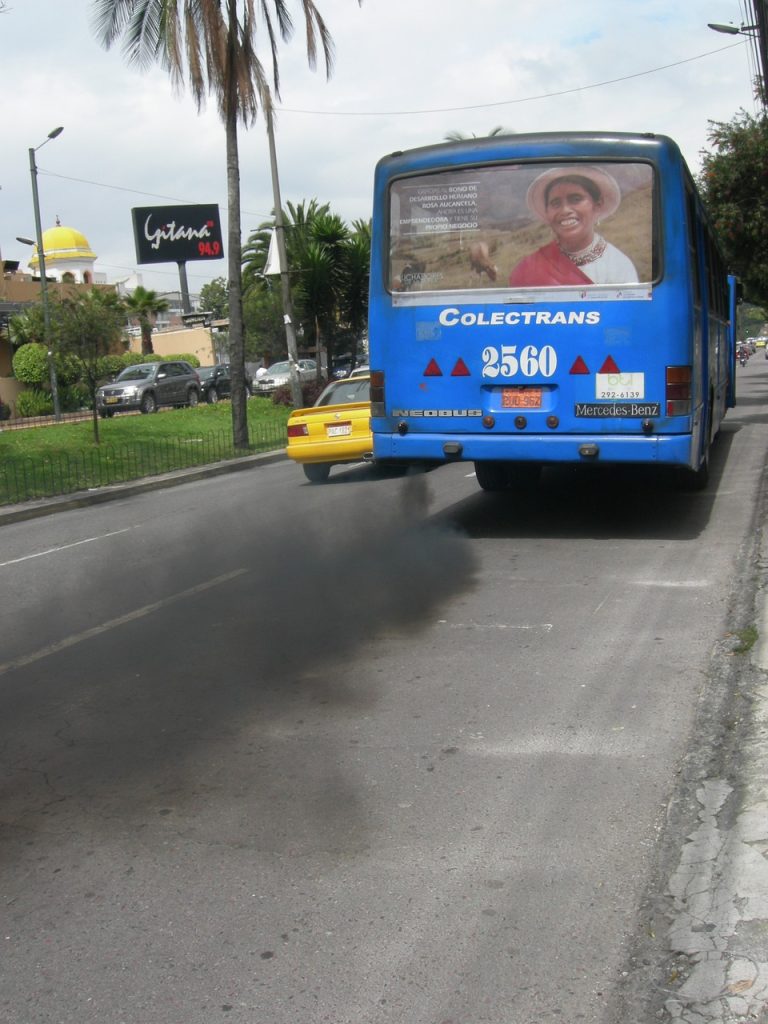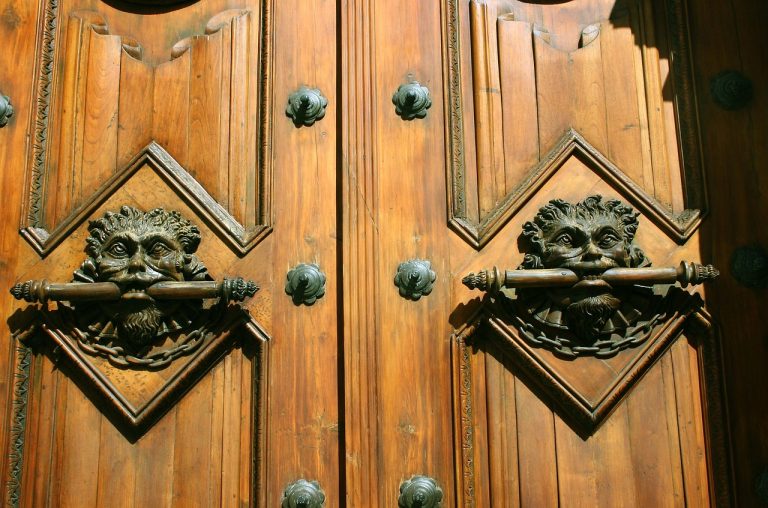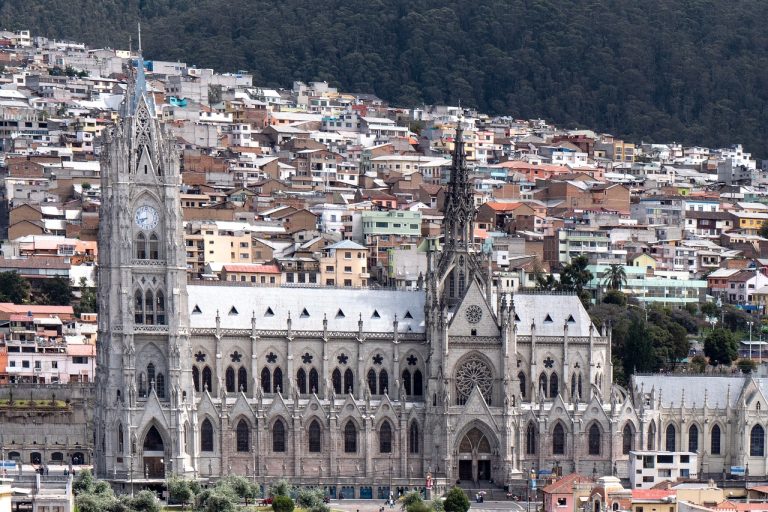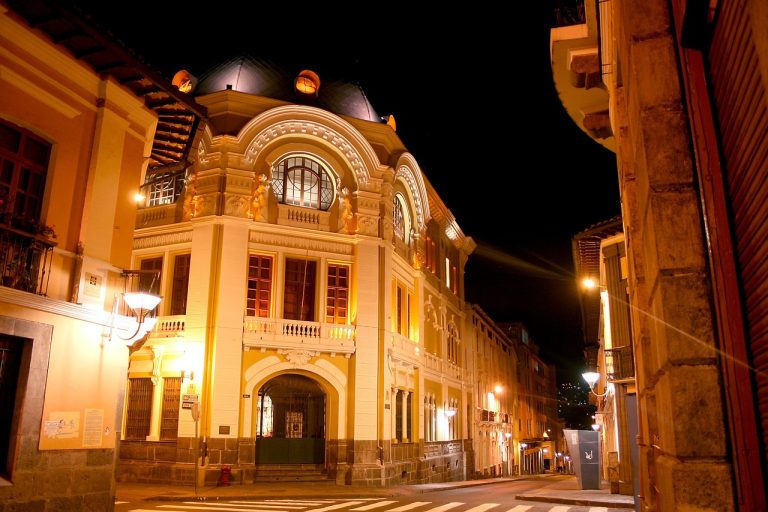Quito Ecuador Video
Social and Cultural Impact of Quito Ecuador
Quito, the capital city of Ecuador, is a vibrant and culturally rich destination that has a significant social and cultural impact. From its historical sites to its diverse population and traditional festivals, Quito offers a unique experience that leaves a lasting impression on both locals and visitors alike. In this article, we will explore the various aspects of Quito’s social and cultural impact in ten sections.
Historical Sites
- Plaza de la Independencia: This iconic square is the heart of Quito’s historical center and holds great historical significance as the place where Ecuador’s independence from Spain was declared.
- La Compañía de Jesús Church: This stunning baroque church is considered one of the most beautiful in South America. Its intricate gold leaf decorations and ornate interiors showcase the architectural brilliance of the colonial era.
- Mitad del Mundo: Located just outside of Quito, Mitad del Mundo marks the equator line, symbolizing the geographical significance of Ecuador.
The Plaza de la Independencia, also known as the Plaza Grande, is surrounded by important landmarks, including the Presidential Palace, the Metropolitan Cathedral, and the Archbishop’s Palace. It serves as a gathering place for locals and tourists, hosting events and cultural activities throughout the year.
La Compañía de Jesús Church is a testament to Quito’s rich colonial heritage and attracts visitors from around the world. It is a popular site for religious ceremonies, concerts, and cultural events.
Visitors can explore the Intiñan Museum, which offers interactive exhibits and experiments showcasing the unique properties of being at the equator. It is a popular tourist destination and a great place to learn about Ecuador’s geographical importance.
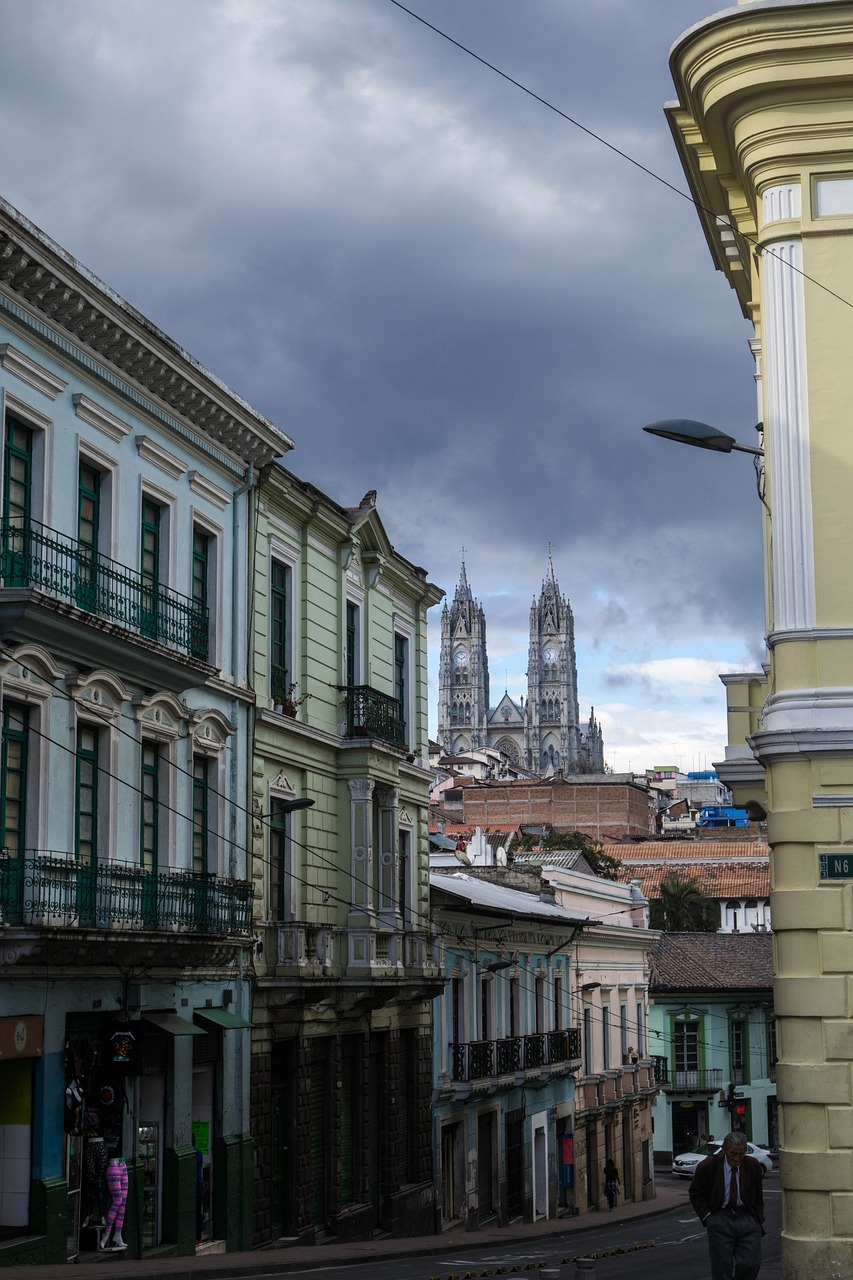
Traditional Festivals
- Inti Raymi: Celebrated in June, Inti Raymi is an ancient Inca festival that honors the sun god, Inti. The festival features colorful parades, traditional music, and dance performances.
- La Fiesta de la Mama Negra: This festival, held in September, pays homage to the Virgen de la Merced, the patron saint of Quito. It combines indigenous, Spanish, and African traditions.
- Carnaval: Celebrated in February or March, Carnaval is a lively festival that marks the beginning of Lent. It involves water fights, colorful parades, and street parties.
Inti Raymi is an important cultural event that showcases the indigenous heritage of Ecuador. It attracts both locals and tourists who come to witness the vibrant celebrations and immerse themselves in the rich traditions of the country.
During La Fiesta de la Mama Negra, participants dress in elaborate costumes and parade through the streets, accompanied by music and dancing. The festival is a unique blend of religious devotion and cultural celebration.
Carnaval is a time of joy and celebration in Quito, where locals and visitors come together to enjoy the festive atmosphere. It is a great opportunity to experience Ecuadorian culture and traditions.
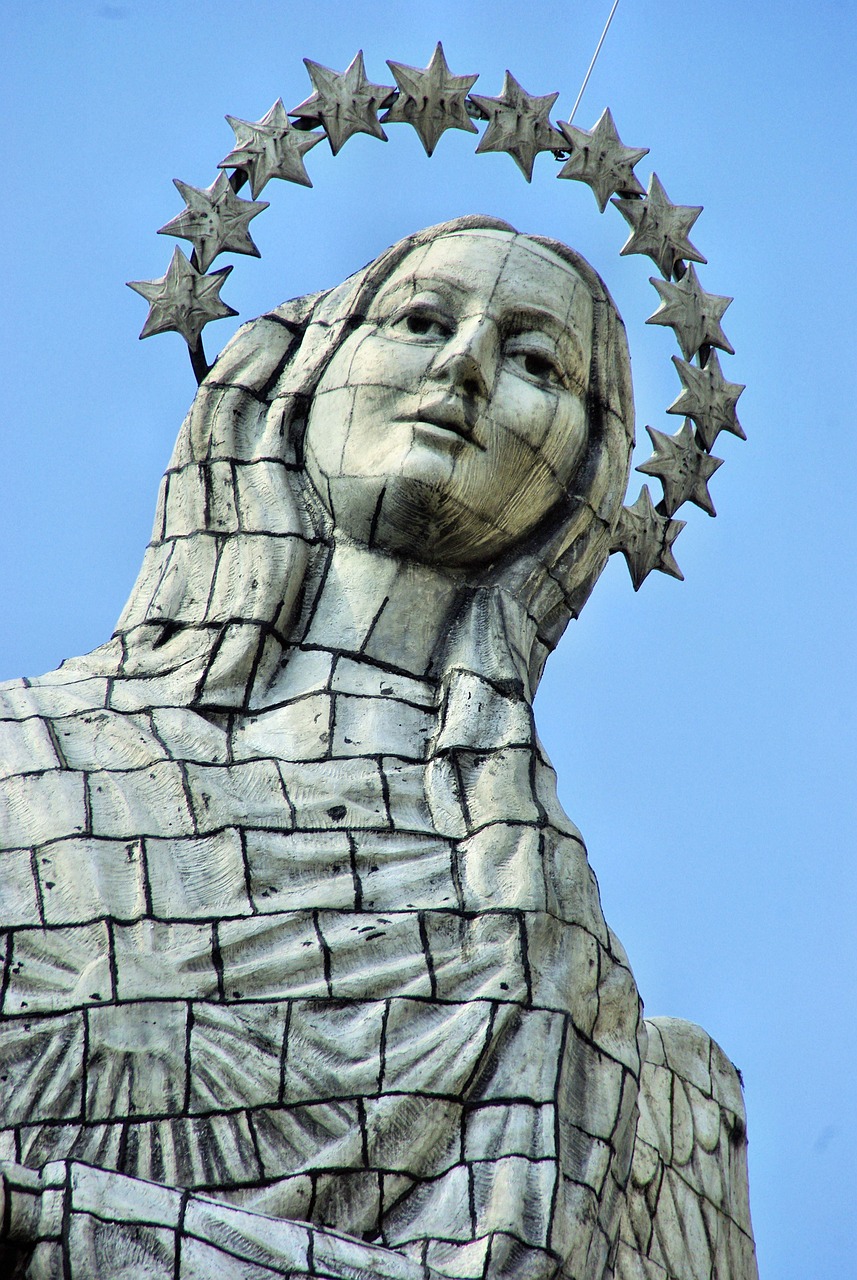
Indigenous Communities
- Quilotoa: Quilotoa is a crater lake located in the Andes Mountains, inhabited by indigenous communities. The local people maintain their traditional way of life, preserving their unique customs and crafts.
- Otavalo: The town of Otavalo is renowned for its indigenous market, where local artisans sell their handmade crafts, including textiles, jewelry, and ceramics.
- Saraguro: Saraguro is a traditional Andean community known for its distinctive clothing, language, and customs.
Visiting Quilotoa provides an opportunity to learn about the indigenous culture and interact with the local community. The vibrant hand-woven textiles, intricate pottery, and traditional music showcase the rich heritage of these communities.
The Otavalo market is a hub of cultural exchange, attracting tourists from all over the world. It is an ideal place to appreciate the craftsmanship and creativity of the indigenous people while supporting their economic development.
Visiting Saraguro allows travelers to immerse themselves in the indigenous way of life and gain a deeper understanding of their cultural heritage. The community’s commitment to preserving their traditions is evident in their daily lives.
Art and Music
- Museo de Arte Contemporáneo: The Museum of Contemporary Art showcases the work of both local and international artists, offering a glimpse into the vibrant art scene of Quito.
- Teatro Sucre: Teatro Sucre is a historic theater that hosts a wide range of performances, including ballet, opera, theater, and concerts.
- La Ronda: La Ronda is a charming street in Quito’s historic center known for its bohemian atmosphere and artistic vibe.
With its diverse exhibitions and innovative installations, the museum promotes artistic expression and serves as a platform for cultural dialogue.
Attending a show at Teatro Sucre provides a captivating experience, allowing visitors to appreciate the richness of Ecuadorian performing arts.
It is lined with art galleries, craft shops, and traditional taverns, where visitors can enjoy live music performances and immerse themselves in the creative energy of the city.
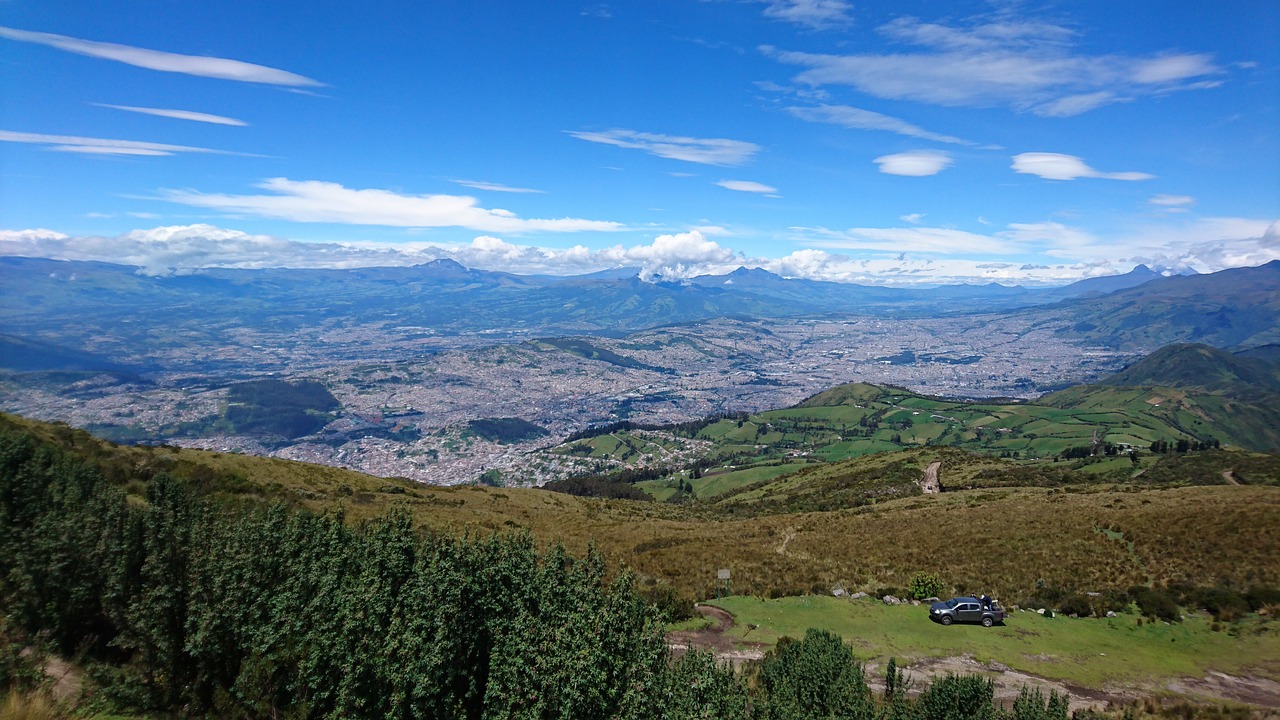
Environmental Awareness
- Parque Metropolitano: Parque Metropolitano is a vast urban park that offers green spaces, hiking trails, and panoramic views of the city.
- Centro de Interpretación de la Naturaleza Yanacocha: The Yanacocha Nature Interpretation Center is dedicated to the conservation of the Andean cloud forest ecosystem.
- El Pahuma Orchid Reserve: El Pahuma Orchid Reserve is a protected area that showcases the incredible diversity of orchids and other plant species.
It serves as an oasis within the bustling city, providing a place for locals and visitors to connect with nature and engage in outdoor activities.
Through educational exhibits and guided tours, the center raises awareness about the importance of environmental conservation and promotes sustainable practices.
Visitors can explore the trails and learn about the importance of preserving Ecuador’s rich biodiversity.
Education and Research
- Universidad San Francisco de Quito: The Universidad San Francisco de Quito is a prestigious university that offers diverse academic programs and conducts groundbreaking research.
- Centro Cultural Metropolitano: The Metropolitan Cultural Center is a space dedicated to promoting arts, culture, and education.
- Observatorio Astronómico de Quito: The Quito Astronomical Observatory is an important research institution that studies celestial bodies and contributes to the field of astronomy.
It is a hub of intellectual and scientific development, contributing to the social and cultural advancement of Quito.
It hosts exhibitions, workshops, and events that foster creativity and intellectual exchange, enriching the cultural landscape of the city.
Through its research and public outreach programs, the observatory enhances scientific knowledge and inspires curiosity about the universe.
Conclusion
In conclusion, Quito Ecuador has a significant social and cultural impact that is evident in its historical sites, traditional festivals, indigenous communities, art and music scene, environmental awareness, and educational institutions. The city’s rich heritage, diverse population, and commitment to preserving its traditions make it a captivating destination for those seeking a unique cultural experience. By embracing its cultural identity and promoting social development, Quito continues to shape its social landscape and leave a lasting impression on all who visit.
References
– Visit Quito: www.visitquito.ec
– Ministry of Tourism Ecuador: www.turismo.gob.ec
– Quito Tourism: www.quito.com.ec
– Museum of Contemporary Art: www.museocontemporaneo.gob.ec
– Universidad San Francisco de Quito: www.usfq.edu.ec
– Quito Astronomical Observatory: www.obser.ec


